- Two junta officers detained after Arakan Army seizes three camps in Thabaung
- Junta torches at least 11 villages in Kyaukphyu Twsp over past year: Residents
- Tactical failures worsen explosive ordnance risks for civilians
- Children deprived of education amid regime airstrikes, ‘instability’ claims
- Regime using Constitutional Tribunal Law amendments to build ‘personalist dictatorship’: ISP-Myanmar
NCA increasingly seen as peace process relic in post-coup Myanmar
Ethnic politicians are concerned that Myanmar’s post-coup peace process will not be successful if it continues in line with the Nationwide Ceasefire Agreement (NCA).
20 Jan 2022
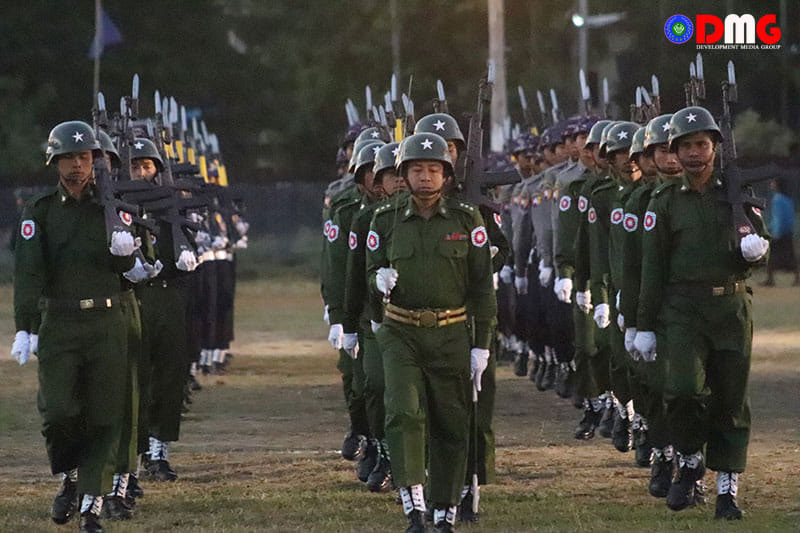
DMG Newsroom
20 January 2022, Sittwe
Ethnic politicians are concerned that Myanmar’s post-coup peace process will not be successful if it continues in line with the Nationwide Ceasefire Agreement (NCA).
The Karen National Union (KNU), a signatory to the NCA, has said there is no hope of making a peace process with the NCA as it currently exists.
“We were told about the NCA, but we could not listen to it. We have had many experiences. At present, the NCA does not work at all after the Myanmar military coup,” Pado Saw Tar Nee, foreign relations in-charge of the KNU, told DMG.
Yebaw Myo Win, a spokesman for the Peace Process Steering Team (PPST) made up of the 10 ethnic armed organisations that are NCA signatories, said that although future peacemaking should be based on the essence of the NCA, it will be difficult to move forward with the current framework of the NCA.
The junta, nonetheless, has continued to espouse its purported commitment to achieving peace in Myanmar via the NCA path. The military council has said it is confident that Myanmar’s peace process could be rebooted to some extent in 2022.
“We believe that the first step in building trust and understanding through dialogue is the emergence of bilateral and ceasefire issues, which will lead to a step forward by 2022,” Maj-Gen Zaw Min Tun, a spokesperson for the State Administration Council (SAC), told media at a press conference on January 14.
The military council said it had discussed implementation of the peace process in line with the NCA route and the future peace process from December 21, 2018, to February 28, 2021.
The Myanmar military held 33 peace talks with concerned organisations — 16 times with NCA signatories, nine with non-signatories to the NCA, six with political parties, and two with peace negotiators — during the period, the SAC spokesman told the press conference on January 14.
Maj-Gen Zaw Min Tun also said the Myanmar military would hold peace talks with ethnic armed organisations (EAOs) that have signed the NCA, as well as EAOs that have not yet signed the NCA, and political parties.
Some politicians have said the military council’s call for a NCA-based peace process is their wish and that it is not clear how peace will be achieved, but that it would be inconvenient for many EAOs to follow the NCA approach.
“If the junta offers peace, will it go with the NCA, or will they have a separate plan? All ethnic armed organisations that are signatories to the NCA are fighting back against the Myanmar military. And the NCA is increasingly distrusted by the ethnic armed organisations,” U Pe Than, a veteran Arakanese politician, told DMG.
The NCA process in the post-coup period has been hampered by many difficulties, and multiple NCA signatories in cooperation with anti-regime forces are fighting junta troops.
The PPST of the 10 NCA-affiliated EAOs has made clear that it did not accept the military coup and would not hold peace talks with the Myanmar military after the coup.
“It would not be bad if the Myanmar military offered peace to the ethnic parties and EAOs with a new form of federalism,” said U Pe Than. “Even so, only if the Constitution is redrafted will the ethnic groups be able to accept the Myanmar military’s offer. In any case, if the Myanmar military offers peace, the EAOs may consider it if there is an environment that is acceptable to the ethnic armed organisations.”




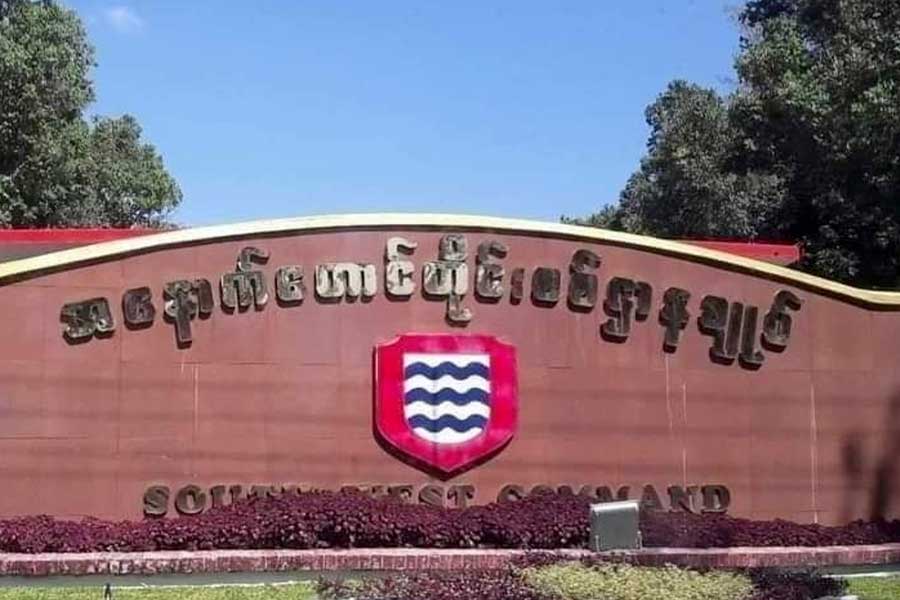
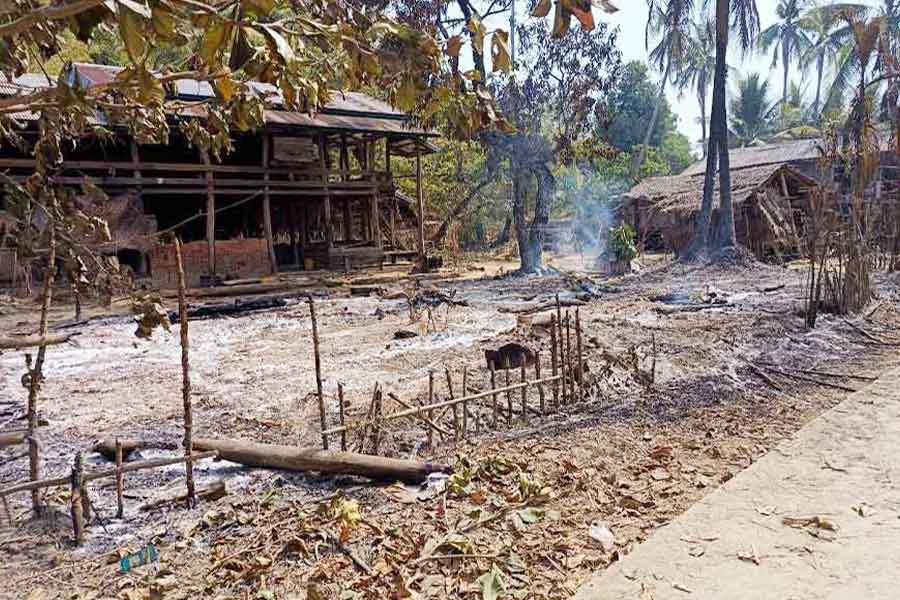
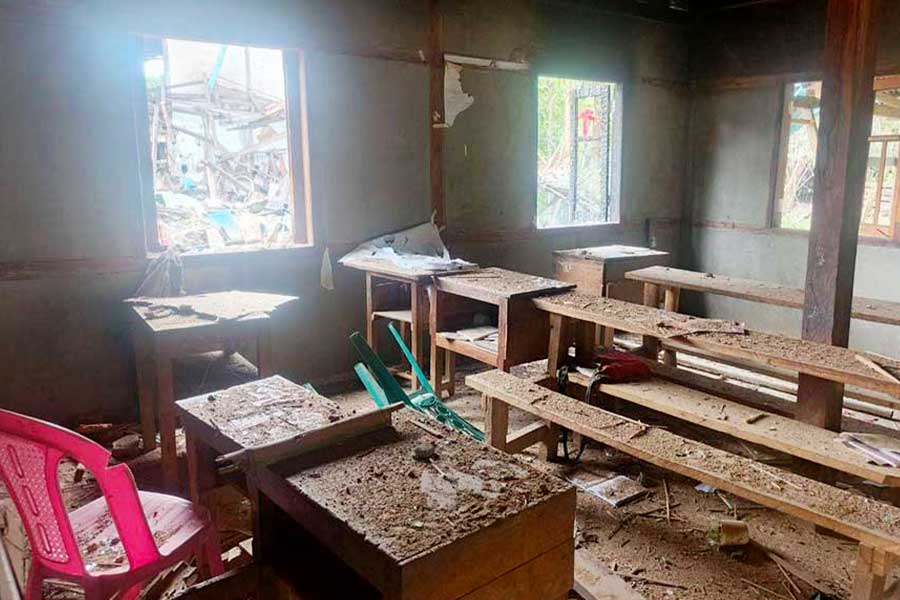
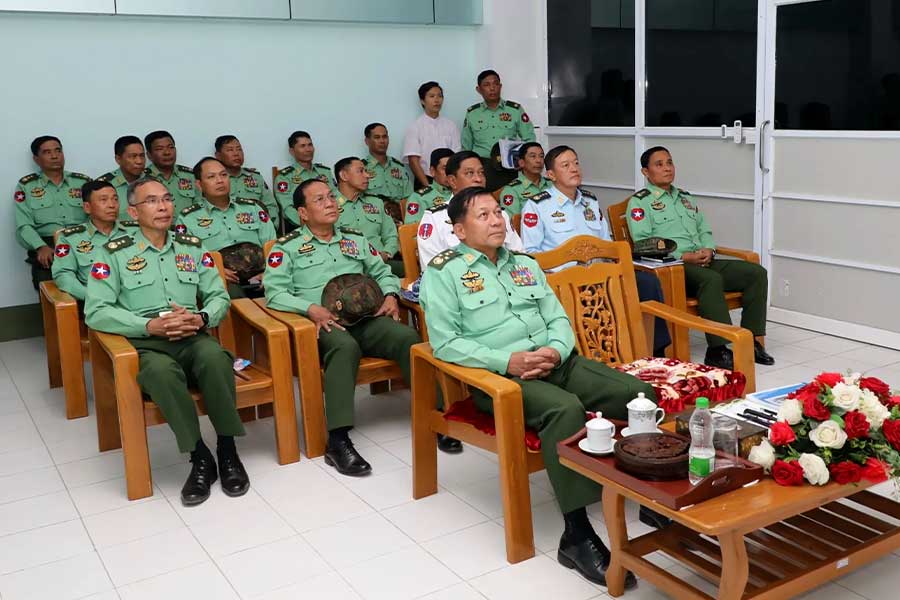
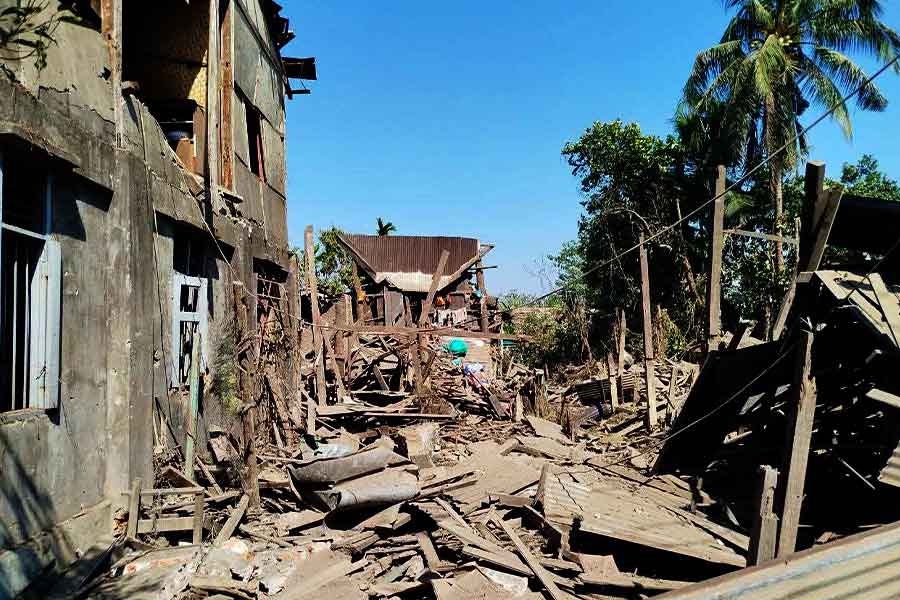







.jpg)
